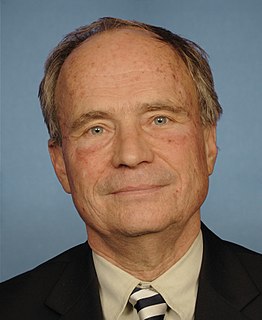A Quote by Wendy Kopp
Across the globe, disadvantaged children are not living up to their potential because if they attend school at all, the schools are usually not designed to meet their extra needs.
Related Quotes
A good school is a relative concept, and the better schools are located in more expensive neighborhoods. But when everyone bids more for a house in a better school district, they succeed only in bidding up the prices of those houses. As before, 50 percent of all children will attend schools in the bottom half of the school quality distribution. As in the familiar stadium metaphor, all stand, hoping to get a better view, only to discover that no one sees better than if all had remained seated.
[T]his is another reason why the children of illegals are sought for public schools: They'll put up with it. The children of illegals will put up with these dilapidated schools because for them, it is a huge step up. And these schools become little indoctrination centers for the children of illegal immigrants, as they are brainwashed and programmed to become Democrats as adults.
The wave of punitiveness that washed over the United States with the rise of the drug war and the get tough movement really flooded our schools. Schools, caught up in this maelstrom, began viewing children as criminals or suspects, rather than as young people with an enormous amount of potential struggling in their own ways and their own difficult context to make it and hopefully thrive. We began viewing the youth in schools as potential violators rather than as children needing our guidance.
School choice opponents are also dishonest when they speak of saving public schools. A Heritage Foundation survey found that 47 percent of House members and 51 percent of senators with school-age children enrolled them in private schools in 2001. Public school teachers enroll their children in private schools to a much greater extent than the general public, in some cities close to 50 percent.
As a former high school teacher and a student in a class of 60 urchins at St. Brigid's grammar school, I know that education is all about discipline and motivation. Disadvantaged students need extra attention, a stable school environment, and enough teacher creativity to stimulate their imaginations. Those things are not expensive.
It's not important for me to be a star, but it is important for me to be one of the better players. I won't feel comfortable with not living up to my potential. I don't want to be spoken of as the player who had potential who never reached it, so I am going to work extra hard to try to be the best I can be.
































